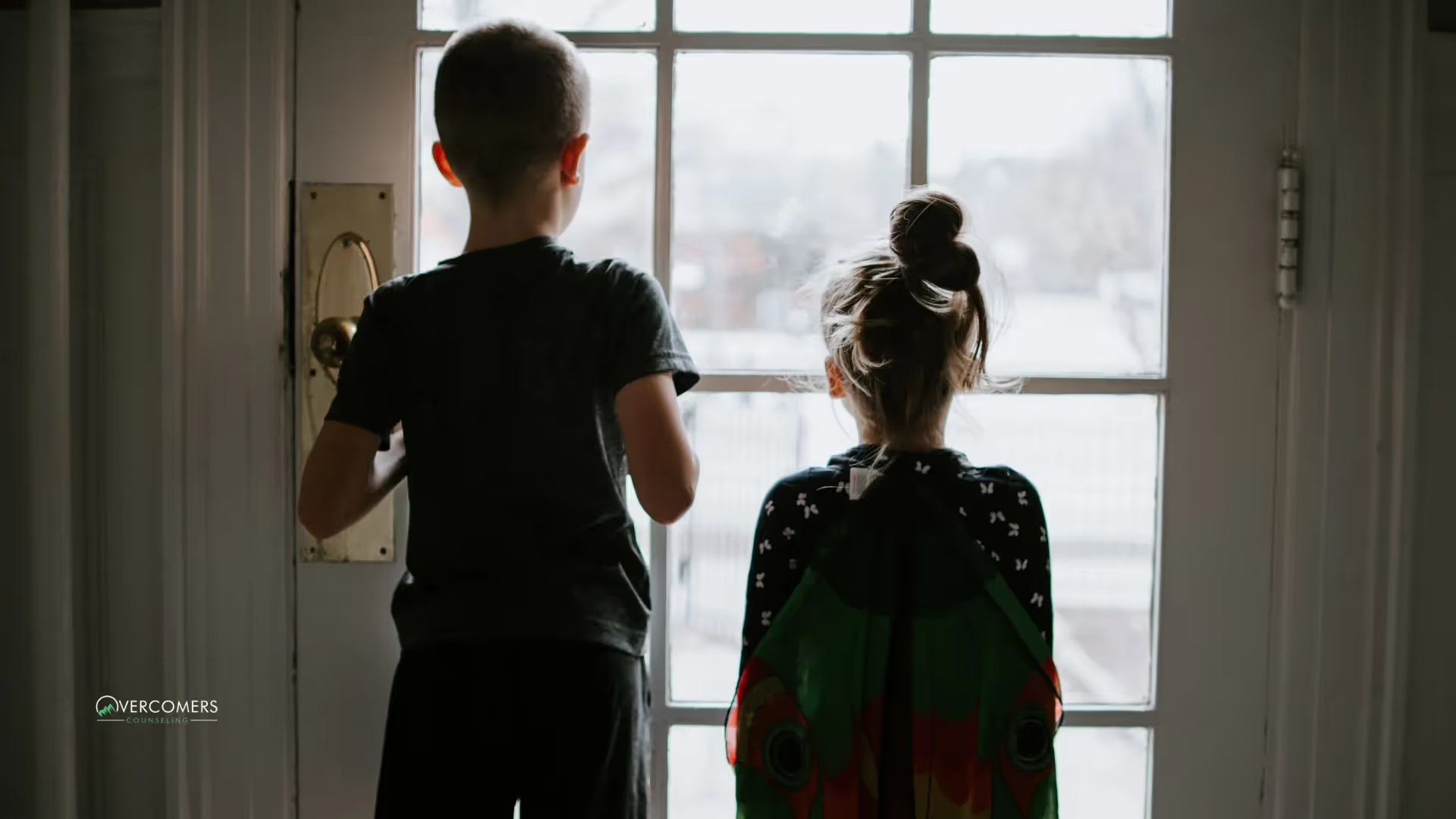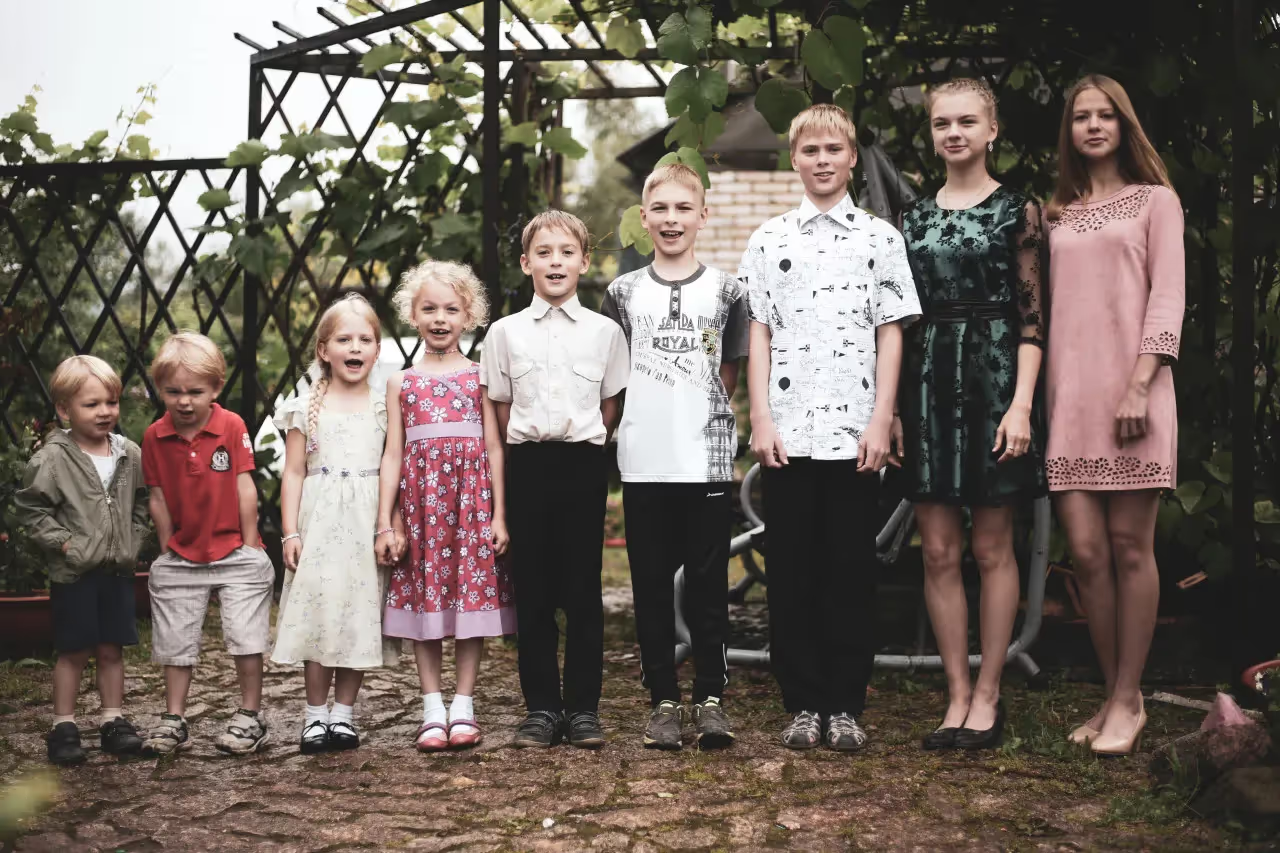When a sibling passes, it does not matter if the death was sudden or it was after a protracted illness.You would experience a difficult time trying to make...

When a sibling passes, it does not matter if the death was sudden or it was after a protracted illness.
You would experience a difficult time trying to make sense of the loss and getting used to their absence.
The physical loss of a sibling is as devastating as the emotions you would feel.
When your sibling dies, you lose several things with their passing.
You lose the memories you both shared when you were growing up. You also lose a part of your identity.
And missed opportunities to create memories together.
In the absence of grief support, your sibling's passing also impacts your health.
The loss of a sibling can also be traumatic to the extent that you lose your family to grief.
Here are 5 things you lose when a sibling passes.
Memories are things you lose when a sibling passes.
Your sibling is someone you shared many memories with while growing up.
You shared birthdays, important holidays, family traditions, and special family events.
Even moments when you bickered or fought over things are important because it meant that regardless of the fights, you had each other's backs.
You can never get used to knowing that your sibling won't be present anymore.
The feeling is worse if you were not on talking terms with them before they died.
The fact that this was the last thing you shared might also make it more difficult for you to work through your grief.
You may also be overwhelmed with guilt that the incident was due to your fault or wonder why it didn't happen to you instead.
For instance, if the death resulted from a car accident where you were the driver or a swimming accident where you were supposed to be watching them.
You might be forced to forget the memories you shared with them because it would remind you of the incident.

The bond between siblings is a strong one, and most times, people are defined by their relationship with their siblings.
Losing them greatly impacts your person regardless of the level of closeness or how much time you spend together.
It is the loss of a friendship and a support system.
When your sibling passes, your family members, especially the siblings, may struggle with who they are outside the sister/brother dynamic.
A permanent change has occurred, and you may find adjusting to the new reality hard.
At times, some people never recover when a sibling passes.
Their identity is a major loss when a sibling passes.
The loss could make it difficult for you to do certain things.
For example, you may refrain from eating certain meals because it is your sibling's favorite food.
If you both played baseball or basketball, or it was their favorite game, you might give up playing these games because it's difficult without your sibling.
You, however, need to hold on to these activities and cherish the moments you shared with your sibling while playing them.
Their passing should not be the end of the road for you.
You can rediscover yourself and grow as an individual.

Opportunities are things you lose when your sibling passes.
You are robbed of their physical presence and the countless time and opportunities you could have spent with them.
You also lose the opportunity to say or do certain things for or with them.
For instance, you might feel like you never got to tell them how much you loved them and cared about them or to apologize for your actions.
Losing your sibling would also cause you to wonder how they would have felt about certain news.
This makes you wish they were alive to celebrate major milestones such as graduation, weddings, and a new baby with you.
Now, all you are left with are past memories and shared experiences.
Receiving the news that your sibling had passed is such a traumatic experience.
Aside from the initial shock your body feels, the news and the reality negatively affect your physical and mental health.
Most times, your health takes a back seat when a sibling passes.
You may find it difficult to sleep. You might binge eat junk or very little or no food.
Grief can also take an emotional toll on you, leaving you fatigued.
The stress of settling hospital bills if they died in the hospital and trying to set things up for their funeral can also affect you severely.
This makes your immune system very low and causes you to be susceptible to heart attacks, infections, illnesses, and diseases.
If left unchecked, you might fall into depression or suffer anxiety.
Your health may deteriorate further when you're consumed by grief and unable to take care of yourself.
Your family is the biggest thing you lose when your sibling passes.
The death of a sibling shakes a family's dynamic and might upturn the roles and responsibilities of the family.
You may find the new family dynamic strange, and your family may never recover from it.
In instances where the sibling who passed was a strong pillar or leader in the family.
It may be difficult for another person to take up that role.
Where the responsibility falls on another child, the suddenness might be difficult for them to handle.
Children also lose their parents when a sibling passes.
They may also find it difficult to process their grief when their parents are overwhelmed.
When parents cannot deal with their grief, the other children are most likely responsible for keeping the family together.
And failure to grieve properly means that when you eventually start to grieve, other family members have moved on.
This might build resentment and anger.
The family may fall apart because of this and may not come back from losing that sibling.
You have to provide your family with grief support when your sibling passes.
When a sibling passes, you lose your shared memories, identity, opportunities, health, and family.
https://whatsyourgrief.com/support-grieving-family-member-friend-6-principals/
https://www.apa.org/topics/families/grief
https://www.cancer.net/coping-with-cancer/managing-emotions/grief-and-loss/grieving-loss-sibling
https://www.cruse.org.uk/understanding-grief/grief-experiences/losing-an-extended-family-member/
https://www.helpguide.org/articles/grief/bereavement-grieving-the-death-of-a-loved-one.htm
Complicated grief, also known as prolonged grief disorder, is when intense grief symptoms continue for an extended period, often longer than six months. This type of grief can result in difficulty resuming normal life activities and can lead to sleep problems.
We offer a variety of specialized services, including individual therapy, group therapy, and various therapeutic approaches such as cognitive-behavioral therapy (CBT) or psychodynamic therapy.
Addressing grief is crucial because unresolved grief can significantly impact your quality of life, overall well-being, and ability to function in daily activities. Left unaddressed, grief can lead to more severe mental health issues, such as depression, anxiety, and complicated grief.
Dealing with grief involves allowing yourself to experience grief, seeking support from family members or a mental health professional, and taking care of your physical health. It's also important to remember that everyone grieves differently and there's no "right" way to grieve.
There are a variety of symptoms that can be associated with grief in the elderly. Some common physical symptoms include fatigue, changes in appetite, and difficulty sleeping. Emotional symptoms can include sadness, anger, anxiety, and guilt. It's also common for those who are grieving to withdraw from social activities and lose interest in hobbies or activities they once enjoyed.
It can be difficult to know what to say to someone who is grieving, but sometimes simply being there for them and offering your support can be helpful. You might try saying something like, "I'm here for you if you need to talk" or "I'm sorry for your loss." You could also offer to help with practical tasks such as running errands or cooking meals.